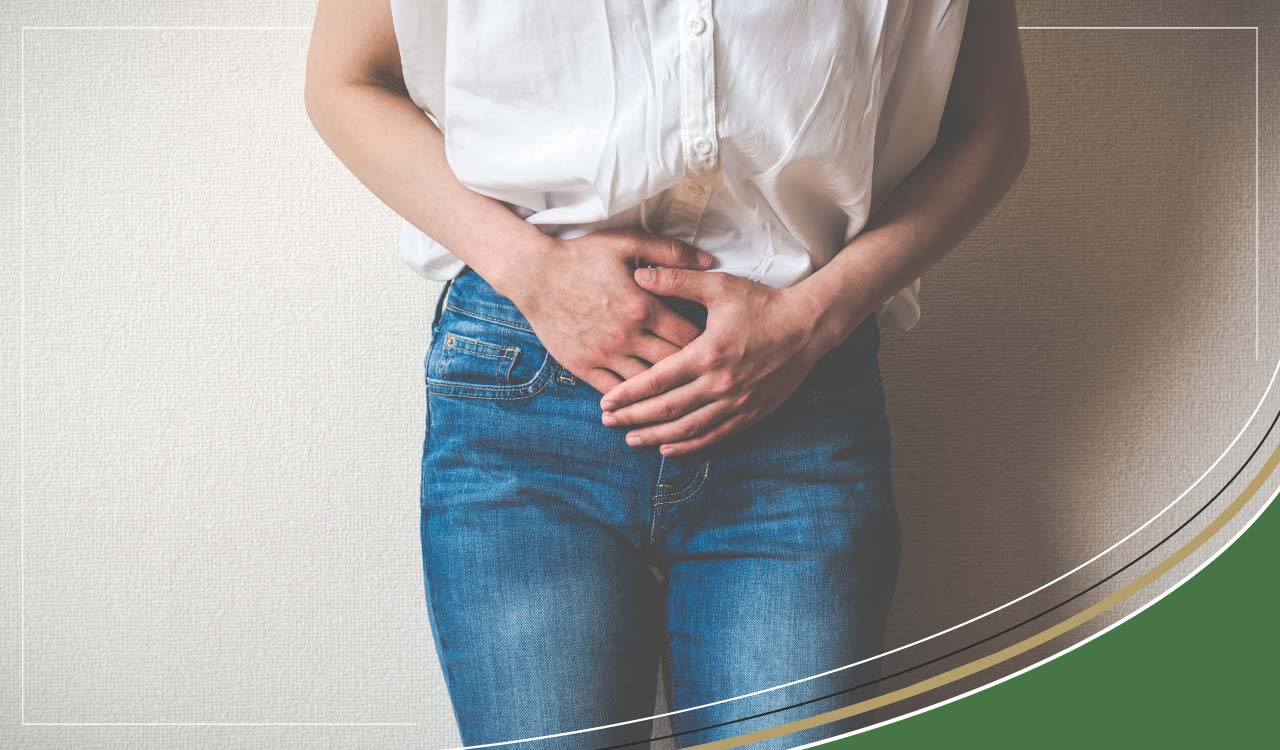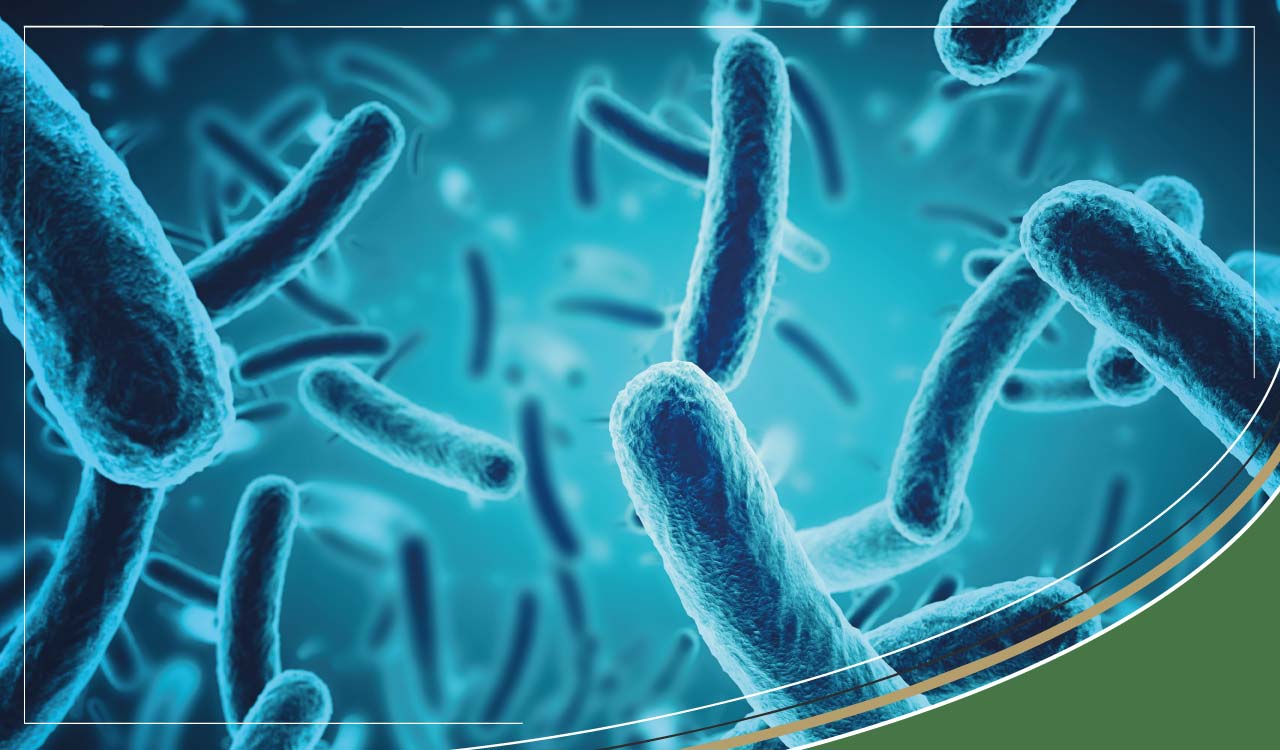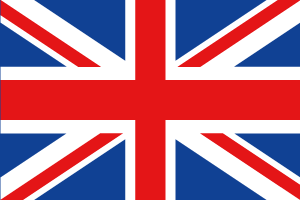Cystitis Symptoms, Causes & Treatment Options

Cystitis
Related ConditionsThe "itis" in Cystitis literally means inflammation, and in this case inflammation of the bladder. Cystitis is the most common type of urinary tract infection and is usually caused by bacteria that originate in your bowel. Bacteria which normally live harmlessly in your intestines can sometimes infect your urethra and progress into your bladder.
Repeated episodes, or chronic bladder infections are referred to as Interstitial Cystitis and are thought to be caused by dormant bacteria already present in the bladder. Other risk factors for cystitis include having diabetes mellitus, being pregnant, intimacy, radiotherapy and the use of foreign substances or irritants such as hygiene products, diaphragms or catheters.
Common Cystitis Symptoms
Cystitis can occur in both adults and children who will generally present with some or all of the following the symptoms:
- Pain, burning or stinging when you urinate.
- Urinating frequently, usually with pain.
- Urgent need to urinate, then passing only small amounts of urine.
- Passing urine that is dark, cloudy or strong smelling.
- Feeling that the bladder still needs to emptied after urinating.
- Having urine that contains traces of blood (haematuria) either visibly or when tested.
- Lower abdominal cramps, directly above the pubic bone.
- You may feel pain low in the lower back or abdomen which may also indicate kidney infection.
- Feeling out of sorts, weak or feverish.
Additional Symptoms of Cystitis in Children
- Weakness, sleepiness
- Irritability, crying
- Lack of appetite
- Vomiting
- Pain when urinating
When to see a Doctor
Anyone prone to cystitis should seek medical help. If you suspect you have a bladder infection, you can test your urine at home with urine test strips. If the urine test indicates an infection is present, see your Doctor.
Prevalence
Of the 3 main types of urinary tract infection (Pyelonephritis, Cystitis, and Urethritis) Cystitis is by far the most prevalent. Cystitis can affect people of all ages. Females are eight times more likely than males to contract cystitis, as both the urethra and perenium are shorter. About half of all women have at least one bout of cystitis during their lifetime. Of those who contract Cystitis, at least 1 in 4 will have a recurrent episode within the first 6 months, and about 1 in 5 will have recurring cystitis throughout their lives.
About 10% of men will contract at least one urinary tract infection in their lifetime. Urinary tract infection in men may develop into a prostate infection known as bacterial prostatitis. Urinating after sex will help eliminate any seminal fluid remaining in the genitals and reduce the risk of infection.
In young men, pain while urinating is more likely to be caused by urethritis than cystitis. Inflammation of the urethra is often caused by sexually transmitted diseases such as chlamydia.
Men aged over 50 contract cystitis much more frequently than younger men. This is because the prostate gland often starts to enlarge in middle age. An enlarged prostate stops the bladder emptying efficiently, and bacteria can breed in the stagnant urine in the bladder.
Causes
Escherichia coli is thought to be responsible for up to 90% of urinary tract infections. Other strains of bacteria that affect the bladder include: Proteus, Klebsiella, Enterococcus, Pseudomonas, Staphylococcus and Streptococcus.
Bacteria can enter the urethra from the exterior and progress to the bladder causing a urinary tract infection. If left untreated a bladder infection can develop into a more serious kidney infection.
A bacterial infection in the blood (septicemia) can carry an infection through the bloodstream to the urinary tract.
Risk Factors
- Diabetes Mellitus
- Pregnancy
- Sexual Intimacy
- Irritation caused by Radiotherapy
- Foreign substances or irritants such as hygiene products
- Foreign objects such as Diaphragms or Catheters
- Contaminated Food or Water
Diagnosis
Your Doctor will ask about your symptoms and medical history. They may ask you for a urine sample for bacteria to help confirm the diagnosis. Identifying the type of bacteria present in an established infection also helps with treatment. Ask your doctor which bacteria are present or consider paying for a private urine bacterial culture test.
A Cystoscopy, a procedure is used to examine the bladder, may be ordered for repeat infections. A cystoscope is a thin tube with a light and camera attached to one end, which is passed into your bladder via your urethra. During cystoscopy a Doctor is able to:
- Examine the lining of your bladder
- Take biopsies of suspicious areas
- Remove a surface tumour
- Take samples for urine tests
- Perform an ultrasound scan
Natural Treatments
- Take D'Mannose every three hours until you are well.
- Avoid acidifying foods or drinks, such as cranberry and orange juice.
- Alkalise your urine.
- Eliminate alcohol, red meat, coffee, and strong spices from the diet.
- Drink plenty of water.
Conventional Treatments
Mild cases of cystitis are self-limiting, usually clearing up on their own after a few days. Depending on the severity of your case, your Doctor may suggest you take paracetamol, ibuprofen or may prescribe a short course of antibiotics. For repeat infections, a higher strength broad-spectrum antibiotic may be prescribed for a longer duration, sometimes up to several months.
Surgical Interventions
Surgical interventions such as Internal Pouches, Orthotopic Diversion, Augmentation Cystoplasty and Urinary Diversion are a last resort recommended to patients diagnosed with Interstitial Cystitis.
Prevention
- Take D'Mannose once daily.
- Maintain high standards of hygiene.
- Urinate as soon as possible after intimacy (men and women).
- Alkalise your urine by changing your diet.
- Drink plenty of clean water.
- Cook poultry well and wash utensils before using with other foods.
Home Remedies / Traditional Medicines
The following herbs and medicines are said to help alleviate the symptoms of bladder and urinary tract infections. Long term diuretic use, may significantly increase the acidity of the urine and cause excessive loss of magnesium.
- Uva Ursi or Bearberry, has been traditionally used as an antiseptic with soothing properties.
- Goldenseal Root or Orangeroot is a perennial herb in the buttercup family that is said to act as a powerful natural antibiotic.
- Cleavers or goosegrass is an exotic plant and an old herbalist's remedy for urinary infections.
- Corn silk, the thread-like fibres that cover a regular cob of corn, may help you to pass water, so can be good for damaged kidneys.
- Baking Soda, or Sodium bicarbonate, is said to help detoxify the kidneys and stop the spread of infection.
- Try taking 1 or 2 cloves of raw garlic and fresh Aloe Vera 3 or 4 times a day.
Prognosis
Of the women who contract Cystitis for the first time, the majority will go on to lead normal lives without repeat attacks. 1 in 4 will require at least some further treatment or intervention, and 1 in 5 will develop Interstitial Cystitis.
After an infection has been successfully treated, there can be a residual problem of increased urinary frequency. Regular symptoms will subside, however there may be a need to urinate more often than is comfortable. Discharging urine before the bladder has reached its normal capacity, over a period of months, may have caused the bladder to shrink. You can try countering the shrinkage by waiting a little longer, allowing the bladder to stretch, and restore it's normal capacity. This may take several weeks.
What may work for some, may not work for others. Arm yourself with the tools and the knowledge that you need, and you will find your own personal regime for good bladder health and should be able to lead a normal life.
 Free Shipping on orders $110+ AUD
Free Shipping on orders $110+ AUD
 Worldwide Delivery Available
Worldwide Delivery Available
 Read Thousands of Independent Reviews
Read Thousands of Independent Reviews



















